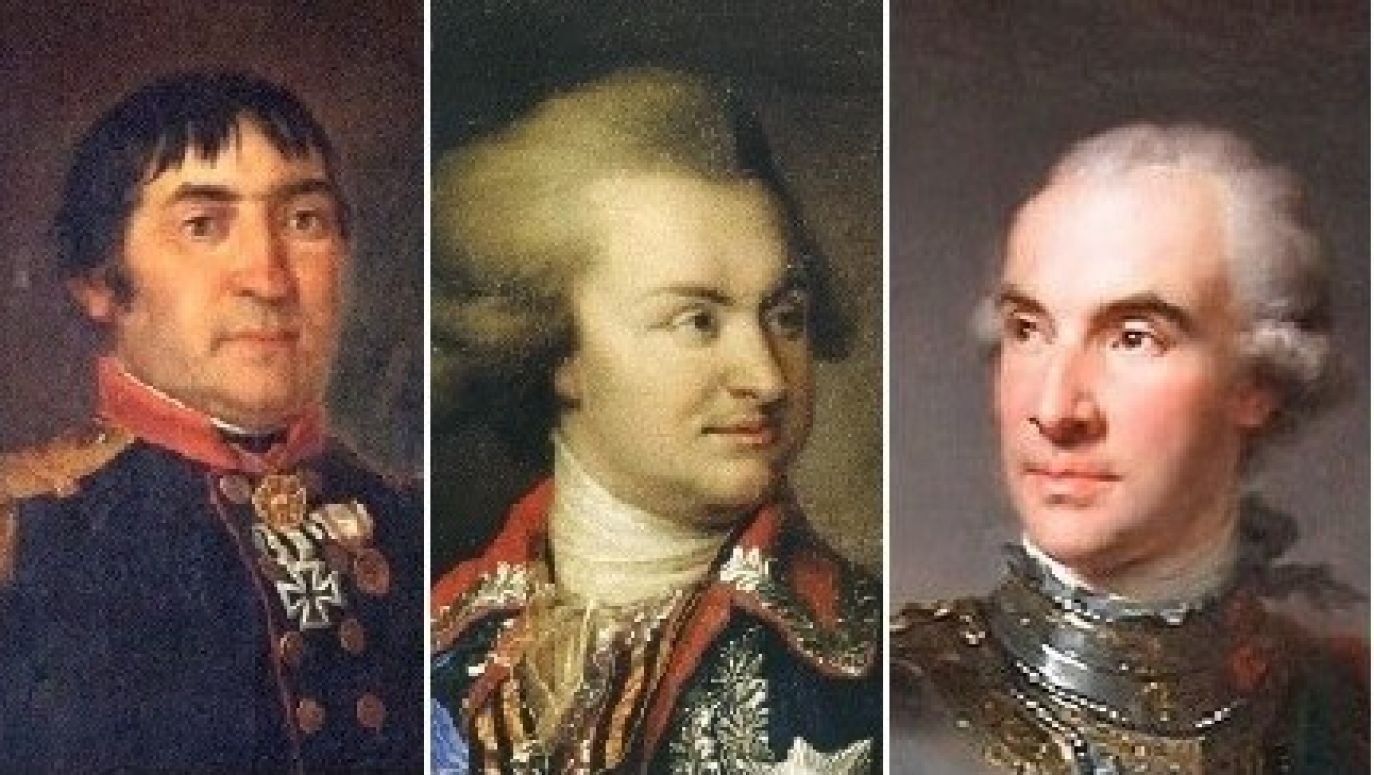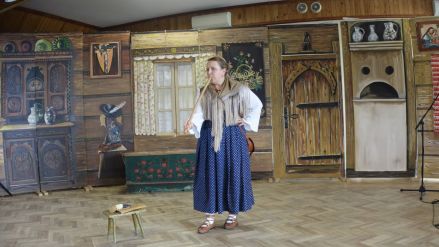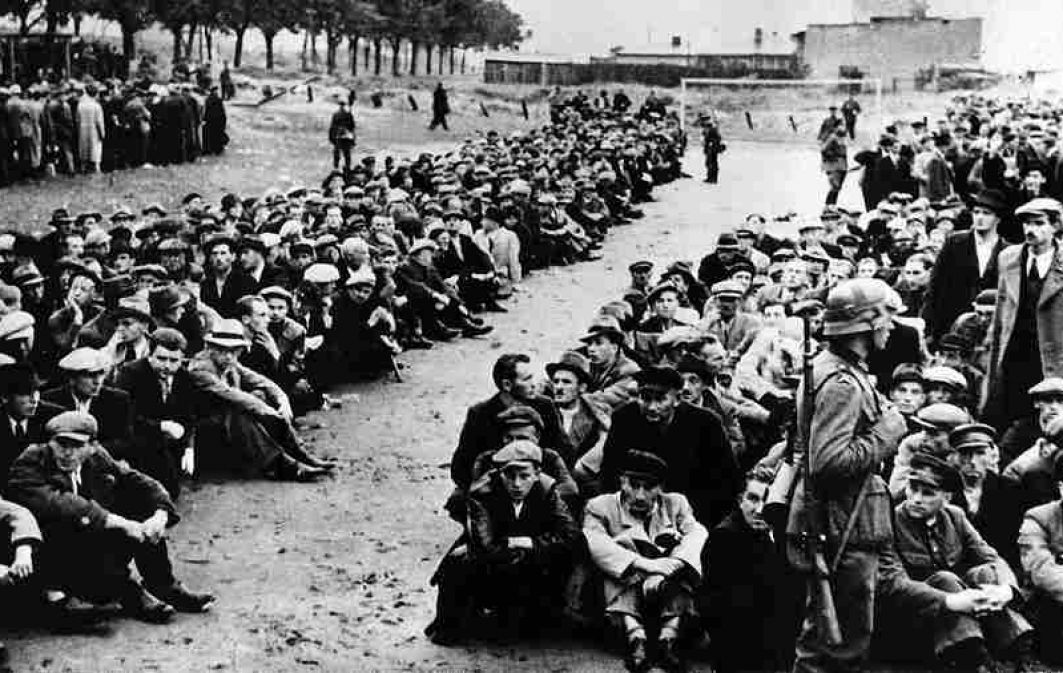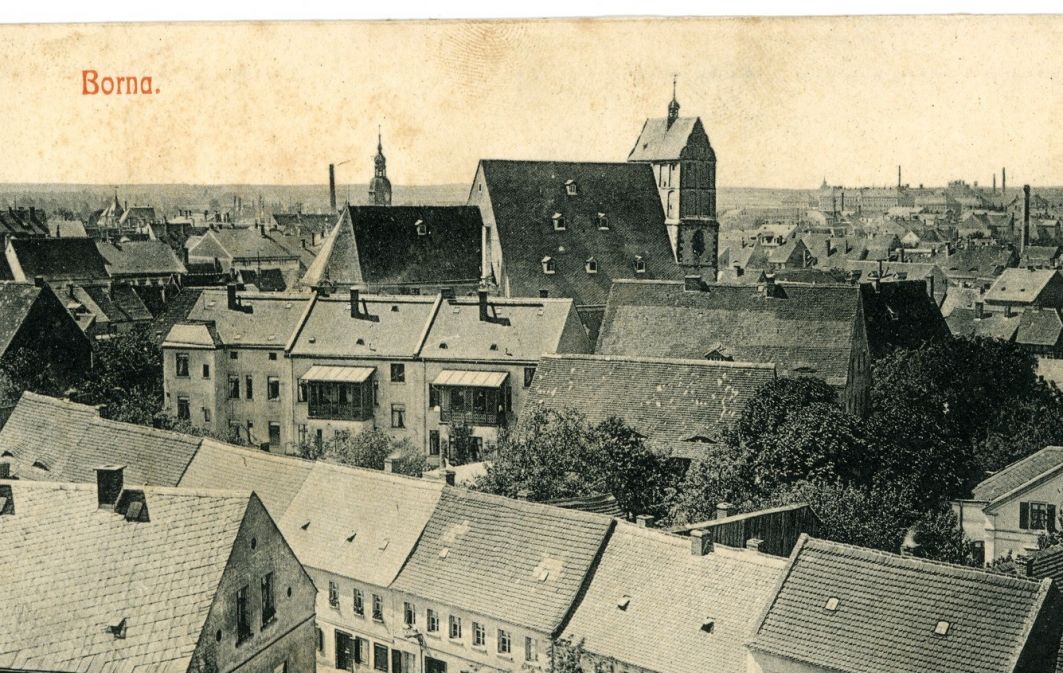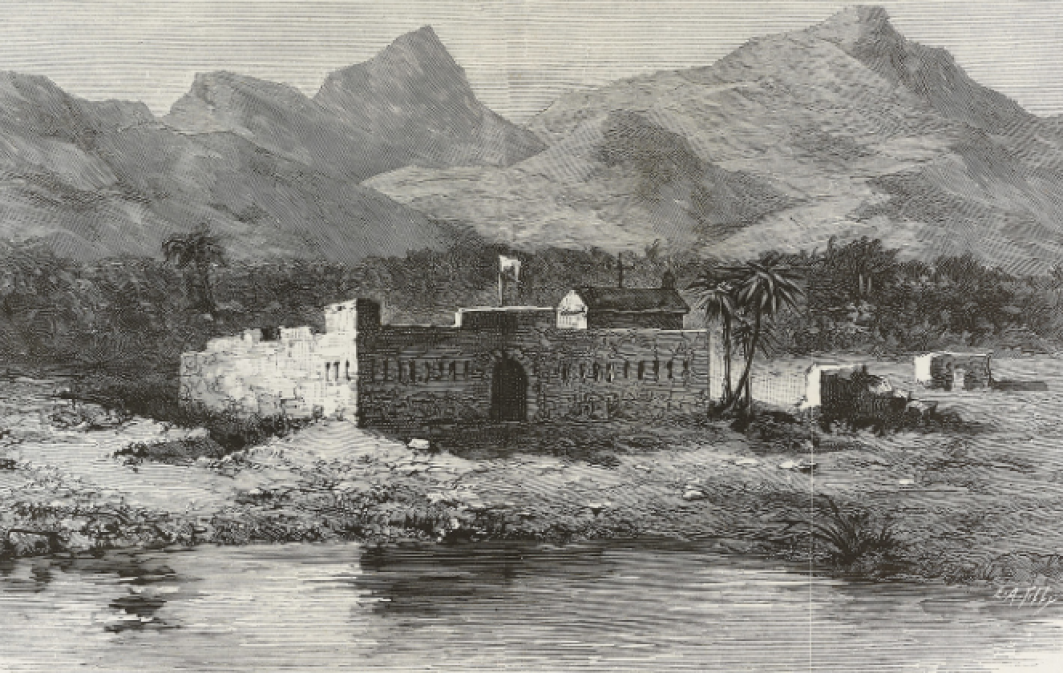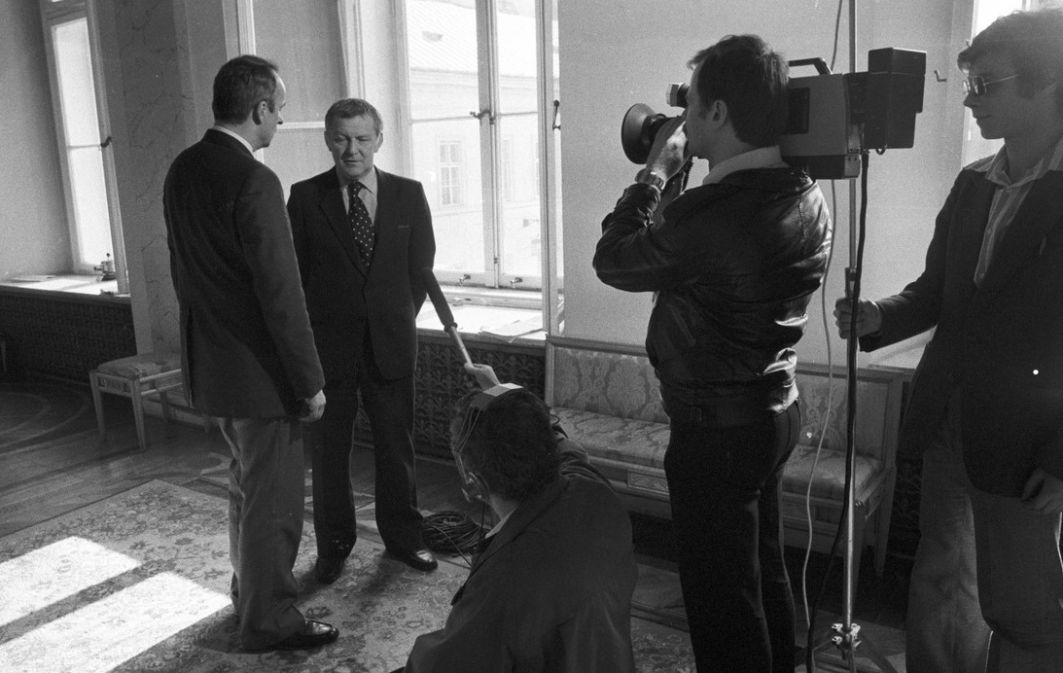The career of Zofia, primo voto de Witte, secundo voto Potocka, confirms that beauty supported by cunning can readily equate with wealth and social and educational status. This beautiful Greek woman, sold to a Polish diplomat by her own mother, was to conquer the salons of Warsaw and Europe. In doing so, she managed to avoid the fate of other women who had followed a similar path. She never had to kneel to the guillotine like the Countess du Barry. She didn't end up like Lady Hamilton. She led a luxurious life until her death in Berlin on November 24, 1822, from cancer of the reproductive organs.
In her novel "Garden of Venus" (Harper Collins, 2005), author Ewa Stachniak takes pity on Zofia, allowing her to die painlessly by creating a French doctor who administered opium and laudanum to the dying woman. Even more fantastic, yet true, is what followed her death. Sanitary regulations in force in the Kingdom of Prussia meant the corpse could not be transported right away to Ukraine. Officials kept on delaying permission, even though the body had been embalmed.
The daughters who were with the countess in her last days, decided on a ruse for the removal of her body. They dressed the corpse, carefully applying make up and placing a fan in their mother's hand before arranging her in the carriage. The border guards were fooled, believing the elderly passenger was indisposed.
Successful woman
A harlot who manages to climb to the top of the social pyramid is not that unusual. However, Zofia lived in special times. In the second half of the 18th century, the foundations of the old order were crumbling, faith in the Church and in divine-ordained monarchies was collapsing, and among the elite there was a growing conviction that religion was obsolete. No rules in private life and politics became the new rule. Stronger countries devoured weaker ones.
 SIGN UP TO OUR PAGE
SIGN UP TO OUR PAGE 
Philosophers were intrigued by the possibilities of power exercised in the name of the people. Libertines, having rid themselves of the last vestiges of shame and fear of public condemnation, were carrying the torch of another revolution -- morals.
"Open relationships", in which spouses were allowed complete sexual freedom, were the norm in high society. In moral terms, Zofia, forced from an early age to sell her charms, was no different from ladies with aristocratic titles. In fact, comparatively speaking, she was less haughty and egotistical. Nor was she considered to be a schemer. She cut a sympathetic figure with her smile and a carefree spirit that bordered on naivety (probably feigned). While she spoke Polish poorly, this was not uncommon in the cosmopolitan company she mixed with.
Undoubtedly, Zofia's greatest asset was her appearance. Her beauty was widely admired and not only by professional flatterers such as the poet Stanisław Trembecki.
Even the King of Prussia Frederick the Great, a misogynist and a tease, made her acquaintance and was complimentary. In the novel "Garden of Venus", Sophia dominates the minds of men even on her deathbed. She is smarter and less hypocritical than all her partners. The author refutes the heroine's reputation for promiscuity in a very simple way: the priestess of the goddess of love cannot live without love (including physical love).
From female readers' comments it is clear that they consider the Zofia portrayed in the novel to be the embodiment of a successful woman. Likely, men would have a different opinion, but they rarely read such books. Ironically, the "beautiful Bithynian" [Bithynia is a region of north-west Asia Minor, where Zofia came from] met many interesting men in her life. So instead of summarizing her biography, described, in all its juicy detail by Jerzy Łojek in "Dzieje pięknej Bitynki. Opowieść o życiu Zofii Wittowej-Potockiej" (The Story of the beautiful Bithynian, PAX, 1982), let's take a closer look at the the black-eyed countess's suitors.
Naked corpse of a dyplomat
Number one: Karol de Boscamp-Lasopolski, probably of Dutch descent and a person typical of the era.
Having started out as a Prussian agent in Turkey, he became the factotum of the Tatar Khan, before finally coming under the wing of King Stas [King of Poland Stanisław Poniatowski], who gave the talented vagrant Polish citizenship, awarded him the title of chamberlain, the Order of St. Stanislaus, and a full-time position in the Permanent Council, (the first real Polish government, according to historians). However, a clerical salary was not enough to satisfy the ambitious de Boscamp, who proceeded to get involved in usury, the amber trade and trafficking women. Also, he took money from the Russians.
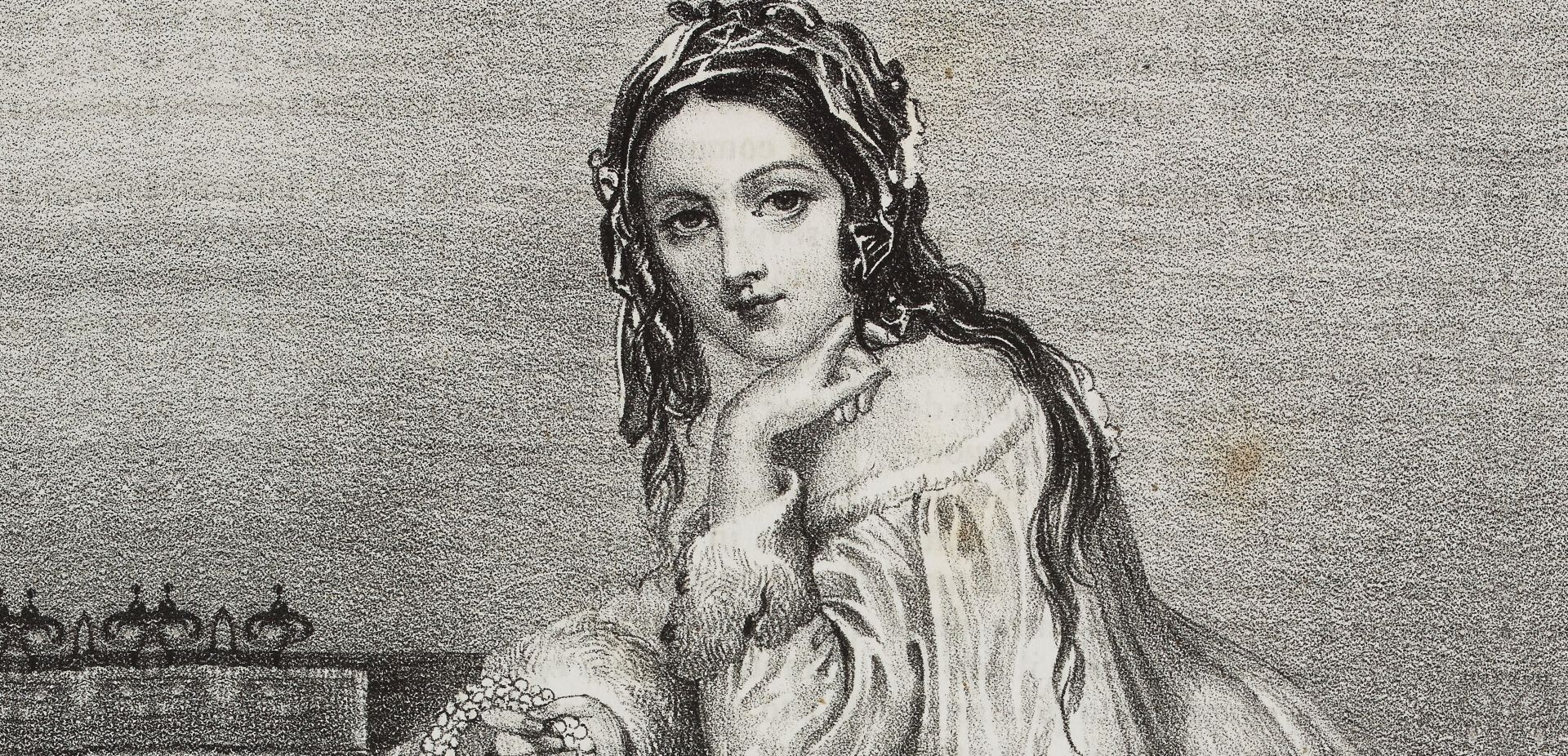
 SIGN UP TO OUR PAGE
SIGN UP TO OUR PAGE 
